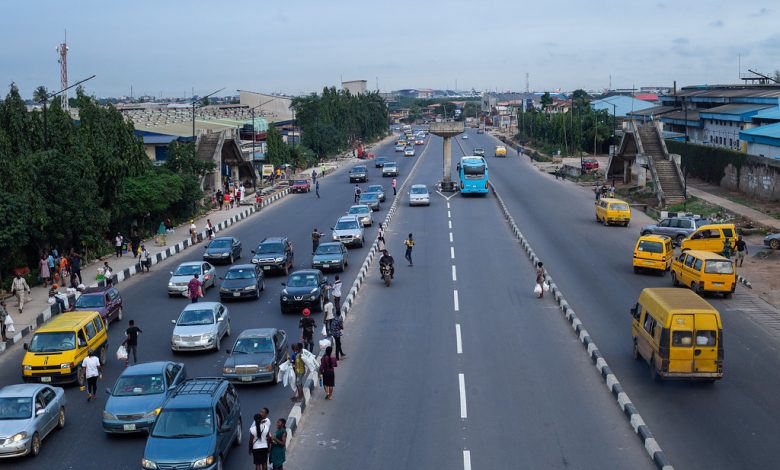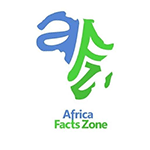Despite Economic Challenges, Nigeria Boasts Second Lowest Cost of Living Globally

In the intricate landscape of global economics, Nigeria has emerged as a fascinating anomaly in 2024.
Despite facing challenges such as soaring inflation and a depreciating currency, the West African nation boasts the lowest cost of living index in Africa and the second lowest in the world, according to Numbeo, a prominent data platform specializing in consumer prices and quality of life metrics.
Despite Nigeria’s staggering inflation rate, which currently stands at 28.92% – its highest in 18 years with a consistent upward trend over the past 13 months – the country’s cost of living index remains remarkably low on a global scale.
ALSO READ: Lowest Cost of Living: Top 10 African Countries
Traditionally, inflation is associated with increased living expenses. However, Nigeria’s situation challenges this conventional wisdom.
Despite factors like housing, transportation, food, and healthcare costs, the country maintains one of the world’s lowest cost of living indices, presenting a noteworthy case study.
Numbeo gathers its data from user inputs and manual collection from authoritative sources such as supermarket websites, government institutions, and surveys, with updates twice a year.
ALSO READ: Landmark Agreement Paves Way for UK Lawyers to Practice Law in Nigeria
Nigeria’s current cost of living index stands at 19.0, significantly lower than countries like Bermuda, which tops the global list at 133.8, and Mozambique, Africa’s most expensive country with a score of 45.2.
This relatively low cost of living persists despite Nigeria’s food inflation rate skyrocketing to 33.93% year-on-year, marking a significant increase from the previous year.
ALSO READ: Cape Town South Africa, Lagos, Nigeria, & Accra, Ghana Among 50 best cities 2024
A report by Business Day indicates widespread dissatisfaction among Nigerians regarding food prices, with 100% of respondents expressing discontent and 75% believing the government’s response is inadequate.
Recent developments, including the further depreciation of Nigeria’s currency to N1,420/$, suggest an impending surge in commodity prices.
Despite these economic challenges, Numbeo’s data underscores Nigeria’s affordability compared to global standards, providing a paradoxical contrast to its citizens’ frustrations with prevailing conditions.





